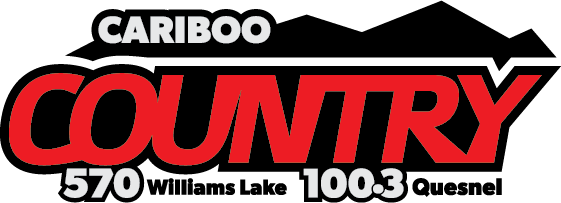BC Chief Coroner Lisa Lapointe says there has been an increase in the number of people dying as a result of drug toxicity across the province, but nowhere is worse than the north when it comes to the number of deaths per 100,000 residents.
“For 2020 the rate of death in the Interior was 33.9 in 2020. In 2021 so far it’s 34.3. And for the north last year was 46.3 and currently is at 58.1.”
Lapointe says there were 28 deaths through February of this year in Northern Health, which is well ahead of last year’s pace when there were 133 for the entire year.
Interior Health has seen 48 deaths so far this year, and is in the middle of the pack in terms of the death rate.
As for why the numbers are increasing this year, not only in the north but throughout the province, Lapointe says there are a couple of things they definitely know.
“The toxic substances are more dangerous, so the illicit drug market, what people are purchasing is becoming more dangerous. The extreme concentration of fentanyl is higher, we’re seeing more cases of that. We’re seeing carfentanil show up now more often. So it’s a consequence of course an unregulated illicit drug market that is based on a for profit model. And people are purchasing that and many times, because of the pandemic, they are using alone.”
Lapointe says as a result there is no one there to try to reverse the overdose.
She says something else that is likely having an impact on so many people dying is that some of the services that were in place before the pandemic, things like drug checking services and overdose prevention sites are not available.
Finally, Lapointe says there is still a lot of stigma around drug use, which prevents people from reaching out for help.
“We have an image in our heads that people who use substances are people who live in the downtown east side of Vancouver, and what the numbers are showing us, clearly with the rates in the north, is that people are using substances across the province from all walks of life. They are from every socioeconomic level in every community, and anybody who’s using is at risk because of the toxicity of the market.”
Lapointe says there needs to be a chance in our approach so that people who are experiencing problematic substance use are not at risk of death, and can reach out for help.
She says that means access to safe supply, what they need when they need it, stabilizing people and then access to treatment and recovery services that are evidence based and accessible when people need them.










